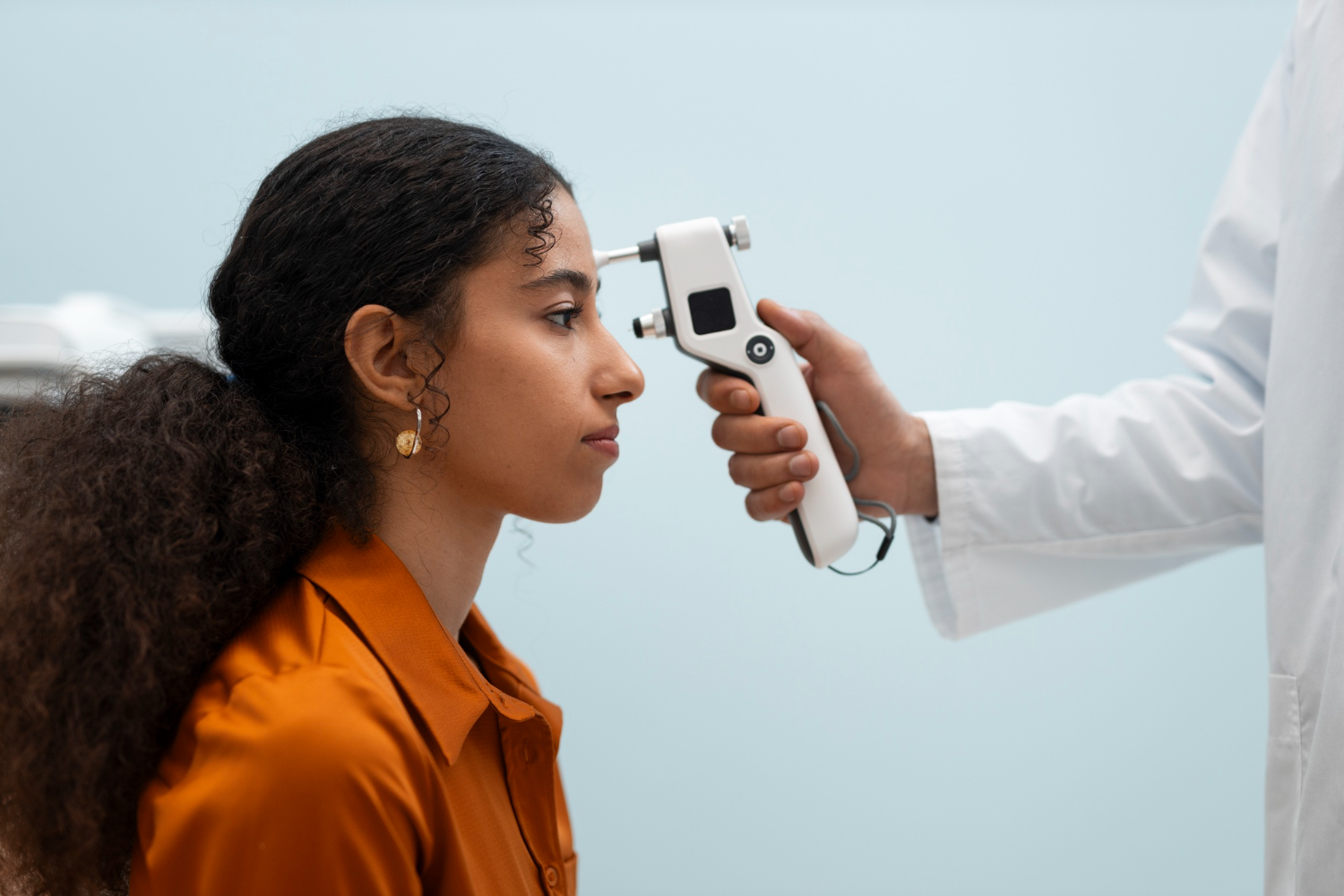Refractive surgery is an exciting option to correct vision problems and enhance your quality of life by reducing or eliminating the need for glasses or contact lenses. This guide will provide you with an overview of refractive surgery, different types of procedures, the preoperative and postoperative process, as well as benefits and important considerations.
- What is Refractive Surgery? Refractive surgery encompasses a range of surgical procedures designed to correct vision problems such as myopia, hyperopia, astigmatism, and presbyopia. These procedures reshape the cornea or implant intraocular lenses to improve how light focuses on the retina.
- Types of Refractive Surgery:
- LASIK (Laser-Assisted In Situ Keratomileusis): Involves creating a corneal flap, reshaping the underlying corneal tissue with a laser, and repositioning the flap.
- PRK (Photorefractive Keratectomy): The outer corneal layer is removed before reshaping the corneal tissue with a laser.
- LASEK (Laser-Assisted Subepithelial Keratectomy): Similar to PRK but involves a thin flap in the corneal epithelium.
- Intraocular Lens Implants: Artificial lenses are placed inside the eye to correct vision, especially in cases of presbyopia.
- Preoperative Process:
- Consultation with a specialized ophthalmologist: Evaluate whether you’re a candidate and discuss your expectations.
- Comprehensive eye exam: Assess your eye health, prescription, and corneal shape.
- Risks and benefits discussion: Understand potential outcomes and risks.
- Surgical Process:
- Preparation: Anesthetic drops may be administered to the eyes.
- Surgery: Depending on the chosen procedure, a flap is created or the cornea is reshaped with a laser.
- Duration: Surgery is usually quick, typically around 15-30 minutes.
- Postoperative Recovery:
- Rest and care: Rest after surgery and follow medical instructions.
- Symptom management: Temporary discomfort like dry eyes or light sensitivity may occur.
- Follow-up: Schedule postoperative appointments with your ophthalmologist to monitor progress.
- Benefits of Refractive Surgery:
- Improved vision: Can reduce or eliminate dependence on glasses and contact lenses.
- Increased comfort: Enjoy greater comfort in daily activities.
- Important Considerations:
- Candidacy: Not everyone is a candidate for refractive surgery. It depends on your eye health and prescription.
- Risks: While generally safe, risks such as infections or temporary side effects exist.
- Informed Decision Making: Openly discuss with your ophthalmologist, ask all necessary questions, and fully understand the procedure before making a decision.
- Long-Term Results: Results are often long-lasting but can vary by individual. Some people may require enhancements.
Remember that each individual is unique, and the decision to undergo refractive surgery should be based on a comprehensive medical consultation. A specialized ophthalmologist will be your best guide in determining if you’re a suitable candidate and which procedure is right for you.





